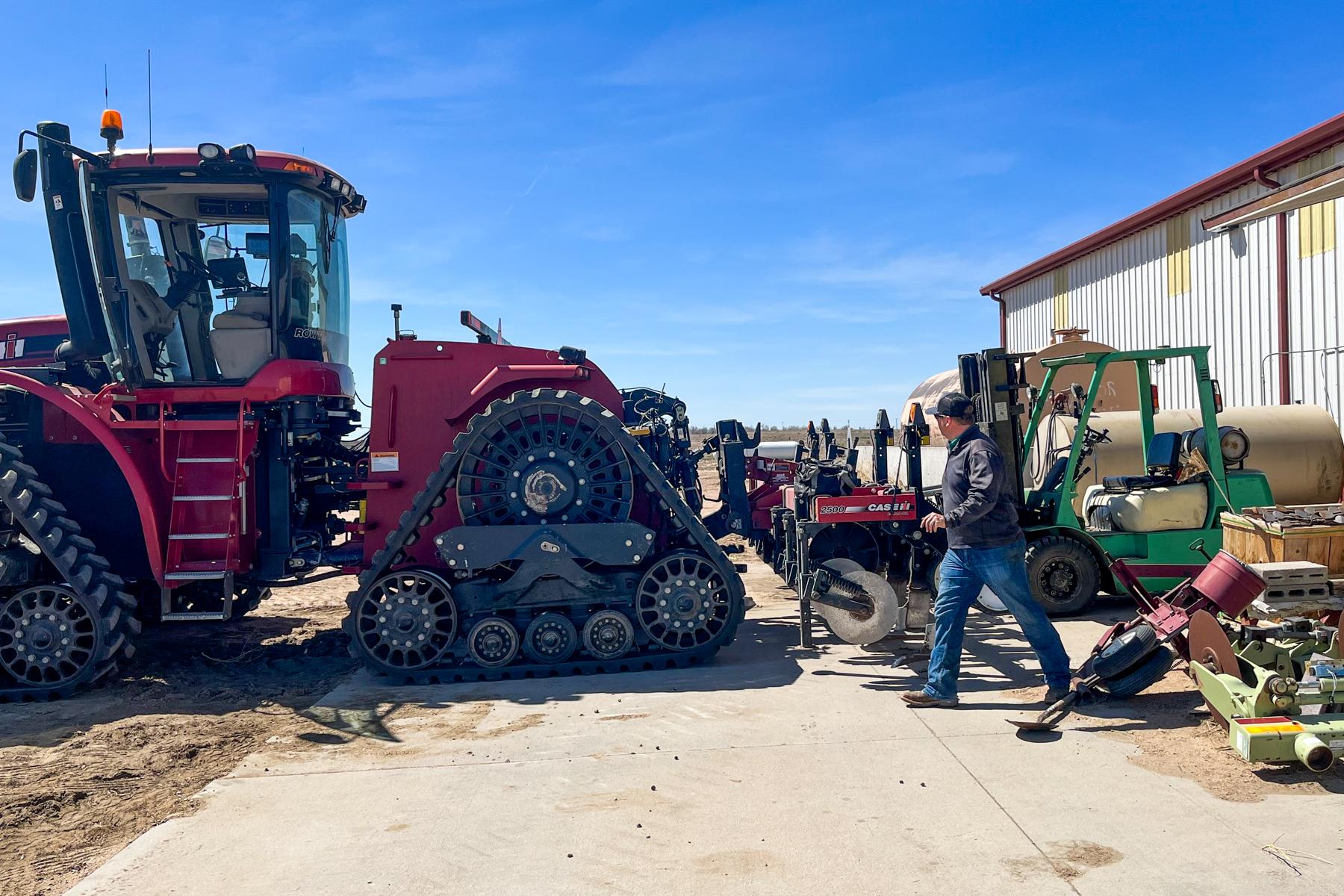
Driving past fields just outside of Yuma on Colorado’s eastern plains, Nathan Weathers said being a farmer is “all I ever wanted to do.”
As the name indicates, Weathers Family Farms is a family business. He’s the fourth generation to farm on his mother’s side of the family and third on his father’s. He still farms with his dad, and at the same time runs a cow/calf operation and grows crops with his wife. This year, they’ve got “quite a bit of popcorn.”
Weathers described the work as “organized chaos.” There’s a lot out of his control, from commodity markets to the weather – think hail storms that can decimate a field in minutes — to water, or the lack thereof.
“I’ve had my dry land corn zeroed out two years in a row,” Weathers said. “I know a lot of guys that weren’t even able to cut any wheat last summer. If they did, it was very low yielding. So, I mean they were forced to collect on their crop insurance. Nobody wants to collect on crop insurance, but it’s a program that’s there when you need it.”
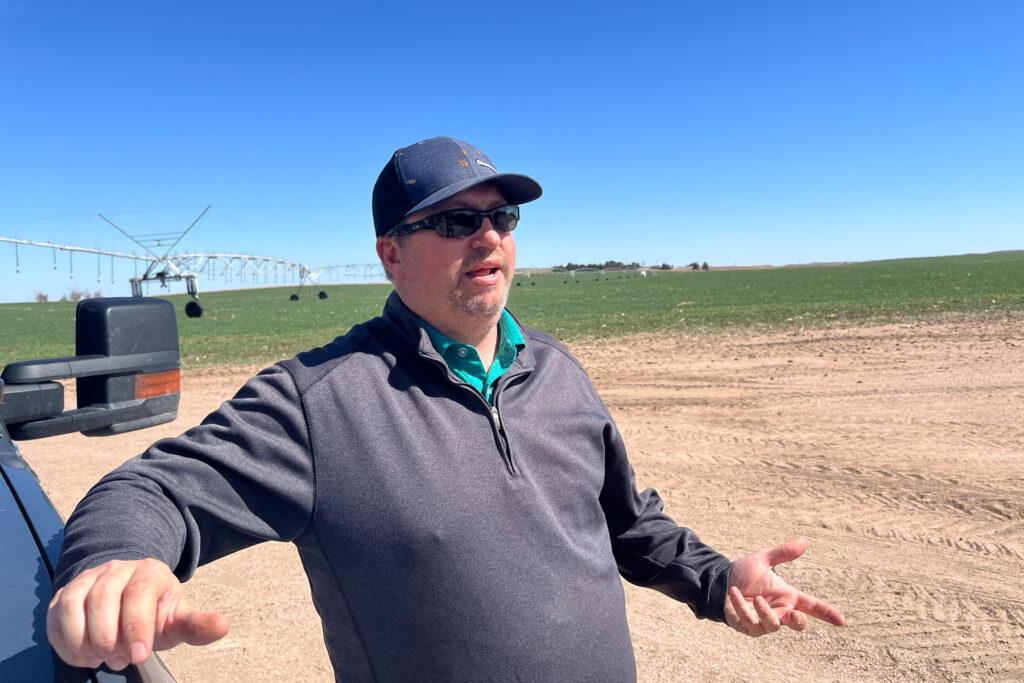
Crop insurance is just one slice of the Farm Bill, a huge legislative package that lays out agriculture and food policy in the United States. The bill must be reauthorized every five years, with the current version set to expire later this year.
Colorado's farmers and ranchers rely on programs found in the bill to help with everything from buying farmland to selling their crops. It makes the upcoming renewal a big deal. And with so much at stake, Colorado producers are trying to make their concerns heard in Washington, D.C.
Congress is considering a Farm Bill that, for the first time, could top over a trillion dollars in its total price tag. With Republicans in Congress looking to pare back federal spending, some agriculture producers worry that the Farm Bill could be a target for cuts, at a time when many say even flat funding wouldn’t be enough.
“Without additional funding ..[farm bill programs are] not going to advance us anywhere,” said Pete Kolbenschlag with the Colorado Farm and Food Alliance.
He and other members from Western Colorado went to Washington, D.C in late March to share their concerns with Sen. Michael Bennet and the offices of Sen. John Hicknelooper, Rep. Joe Neguse and Rep. Brittany Pettersen. “I think the biggest loser is not only the farmers, but just what the Farm Bill can accomplish for rural communities if it doesn’t get done.”
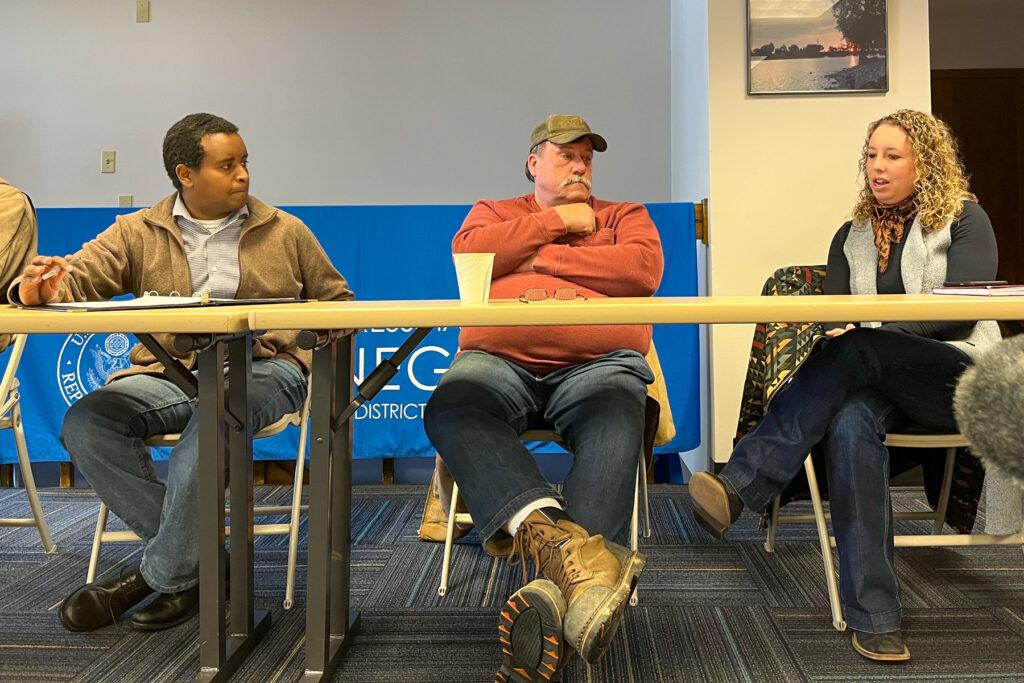
Weathers, who has been in touch with his congressman, Republican Rep. Ken Buck, said he'd take the status quo over a cut. “You know, ‘do no harm’ — continue it, then we know what we’ve got. We can make decisions, we can do what we need to.”
What Colorado producers want
Harrison Topp is the first generation to farm in his family. Standing in a grove of peach trees that make up part of Topp Fruits near Paonia, Topp said he wouldn’t be standing where he was without the Farm Bill. For one thing, it helped him purchase his farm.
“I worked for close to 10 years off-farm to be able to pull this all together, and still we could not have done it without Farm bill Programs. Farm Bill programs helped us improve our irrigation system. It helps us reduce our risk each year with insurance,” he explained.
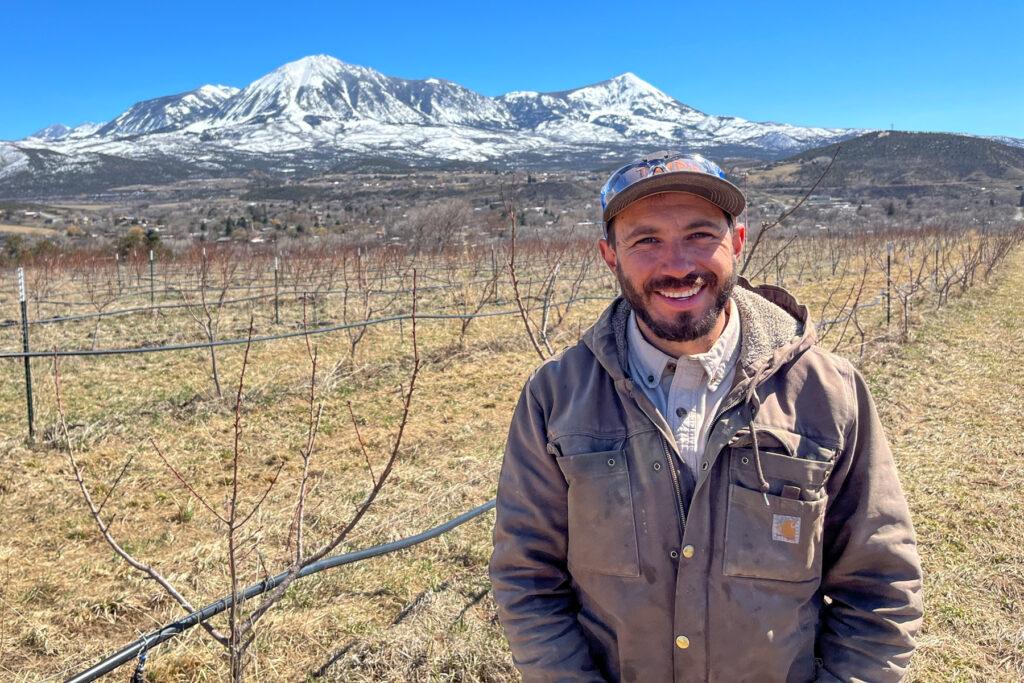
Topp hopes the next version will do even more — like assist with climate adaptation.
“I feel like a lot of the conversations that I've been seeing around climate are really focused on carbon,” which he said is good, but not what his operation is focused on. “Our peak concern here is water, and soil carbon is a part of water… but ultimately it misses the mark for us a little bit out here.”
The bill has twelve sections, from insurance and credit to rural development and forestry. Put it altogether and many producers describe the Farm Bill as a 'safety net' for a vital US industry: food.
Don Brown, a farmer and Colorado’s former commissioner of Agriculture, is keeping an eye out on one aspect of that safety net in particular: the programs that create a price floor for commodity crops. Brown said the reference prices haven’t been raised in several years..
““So I would like to say that the safety net is awful close to the ground right now. And we need to revisit that because our costs have outran some of the reference prices,” he explained.
This is something you hear a lot from people in the ag industry. Just like everyone else, their operating costs have gone up due to inflation, and they hope the new bill will reflect that.
That was a main talking point at a Farm Bill listening session Rep. Neguse held on a snowy day in Longmont last month.
One rancher told Neguse that with inflation there is so much more money at risk, “so that’s where your safety net is so important, but I think there needs to be additional [funding] because of the inflation cost.”
Neguse is part of House Democratic leadership and promised attendees he’d bring up issues there, as well as with the ranking member of the House Agriculture Committee, David Scott of Georgia.
But he’s far from the only Colorado member working on the bill in Congress. For this go-round of the Farm Bill, the state also has representation on the House Agriculture Committee with freshman Rep. Yadira Caraveo and the Senate Agriculture Committee with Bennet.
Their participation could help elevate the state's specific concerns. And while Congress can't always find common ground, this is one bill many members want to see passed this session.
“Generally speaking there is consensus in the Congress that the Farm Bill is just too darn important to too many constituencies across the country, (in) virtually every district” to let it languish, Neguse told the group.
While producers hope funding grows, they’re also asking for red tape to be cut
While no one wants to see a wholesale change of the Farm Bill, many believe tweaks do need to be made so that programs work better for Colorado producers.
Colorado’s current Agriculture Commissioner Kate Greenberg has a list that spans from growing trade relationships and strengthening regional food systems to adopting new practices like agrivoltaic, where producers grow food and generate renewable electricity on the same acres.
“Market diversification, investment in market access and expansion both at home and abroad is absolutely a priority for Colorado,” said Greenberg.
Some of the asks are simpler — or actually, just for simplification. Everyone who uses a Farm Bill program seems to have a story about how onerous and time consuming the process can be. Lauren Kelso works at the urban farm Growing Gardens in Boulder County. It recently received a grant of just over $1500 to better its soil health.
“When I did the math for how much staff time we put into it, it’ll come down to about $135,” she said. That’s “what we’ll actually be able to put towards our practices that we haven't spent on staff time… So there’s a problem.”
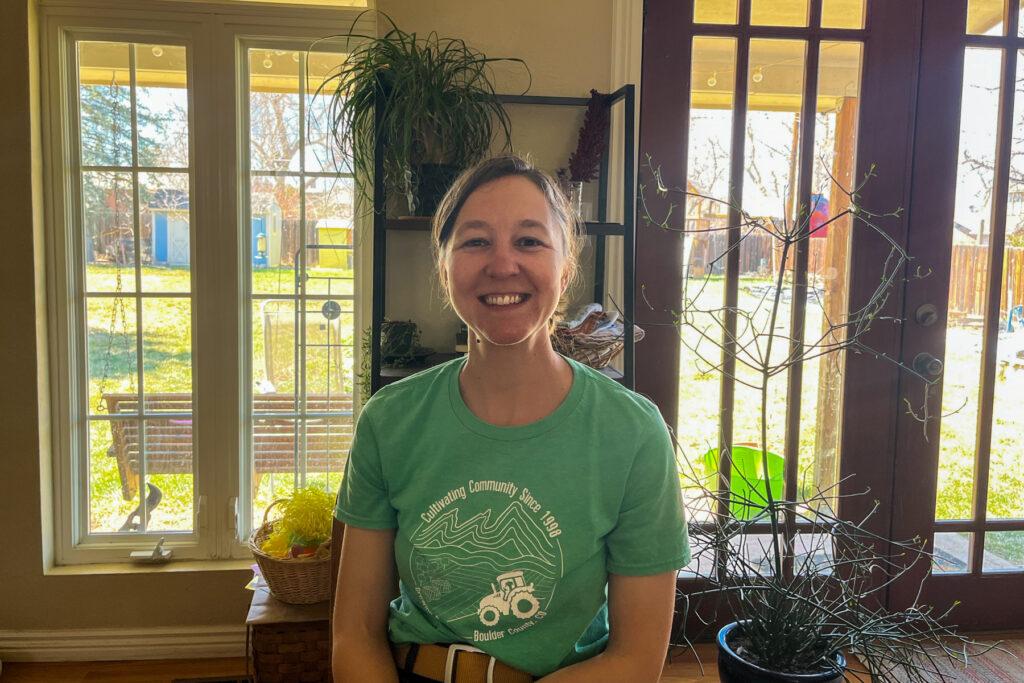
Kelso, who is also the policy chair for the Flatirons Farmers Coalition, a chapter of the National Young Farmers Coalition, shares what she learns with other aspiring farmers and is honest with them that sometimes the complexity of using these programs is just not worth it.
“They're trying really hard to build some sort of business and build some sort of life for themselves. So the idea that none of these programs are going to help them do that in any way is really frustrating,” she said. She also made the trek to the Capitol to talk with her lawmakers about the bill, and to push for more help for farmers who are just starting out, as well as younger farmers and those of color.
Her message resonates with Sen. Bennet.
“[Agriculture] is a tough business to be in and we don’t really want to make it tougher,” Bennet said.
He’s held over two dozen listening sessions in anticipation of negotiating this next version of the farm bill.
“We should be reducing regulation everywhere in government where it makes sense to reduce regulation,” he said, noting that there are areas within the U.S. Department of Agriculture where that should happen.
On the whole, Bennet is optimistic the bill will get done in a bipartisan manner and that the end product will reflect the concerns he and other lawmakers are hearing from Colorado producers. But he added it’s going to take some hashing out and compromise.
“So I don't always get everything I want. They don't always get everything they want. In the end, hopefully we get to a place where the result is the right result for our states and the right result for the country,” he explained.
On the Western Slope, Topp isn't as optimistic that agreement can be reached so easily. He watched negotiations over past iterations of the Farm Bill more closely back when he was more involved with the Rocky Mountain Farmers Union and that experience leaves him with doubts.
“It has been delayed years, multiple years, before, and I'm sure it will be again. Would I love to see it pass this year? Absolutely. Will we still be farming if it doesn't? Hopefully,” he concluded with a chuckle,
So if there is one last message Topp has for Congress, it's a simple one: “Get ’er done.”









